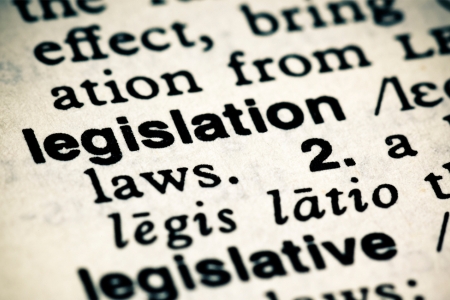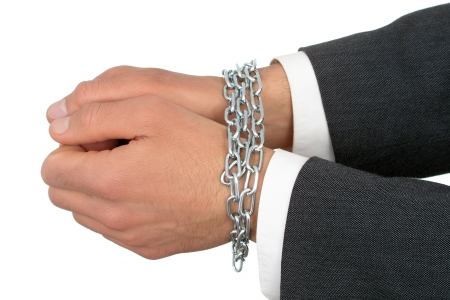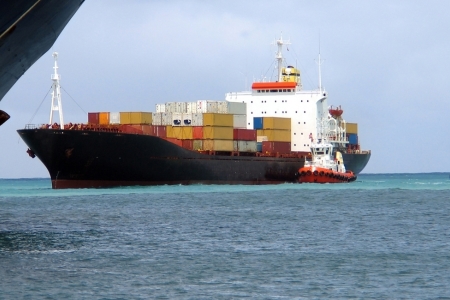When appointing an agent to represent your brand outside of the UK, the key issues are which law will govern the agency agreement, and which courts will determine disputes – and furniture businesses do not need to accept EU country laws and courts in their agency and distributorship agreements, explains Stephen Sidkin, a commercial law partner at Fox Williams …
Over the last few months, there have been reports that German agents in particular are claiming that the agency agreements under which they act must be governed by German law and the German courts must determine disputes. The basis of this claim is that this is a requirement of German law. This is not, however, the case.
What is the position is that for some time the protection given to agents by EU law has been mandatory. In other words, attempts to provide in an agency agreement that it is governed by, for example, the law of the state of California, have been rejected by the European Court of Justice and the national courts of member states. This has been on the basis that California law does not provide the same degree of protection to agents that is given to them by the EU Agents Directive.
However, this is not the case so far as UK law is concerned. Further – for the sake of completeness – it was not the case before 31st January 2020 when the UK left the European Union, nor since 1st February 2020!
If anything, this was reinforced with the decision in February 2025 of the UK Government not to deregulate the Commercial Agents Regulations in Britain (Northern Ireland never got to the position of considering whether to deregulate or not!) so far as England, Scotland and Wales are concerned.
It follows that there is no basis going forwards for claiming that UK law does not provide an agent in an EU member state with the same degree of protection as under the EU Agents Directive, unless and until as a result of court decisions there is a divergence between EU and UK law.
Why does this matter?
As is the case so often in sport, so too in the law! For a brand appointing an agent to provide in the agency agreement that disputes will be determined in, for example, the English courts, will provide an advantage to the brand. This is because, in the event of a dispute, the agent will be forced to bring its claim in the English courts and instruct local lawyers to advise and deal with the claim.
Further, whilst there is harmonisation – that is, considerable similarity – between English agency law and, say, German agency law – as a result of the EU Agents Directive, differences do exist.
These differences can often be used to the advantage of the brand: when drafting the agency agreement before the agent has been appointed; and in the event of a dispute, when the agent will be taking advice as to its position.
What if law and courts are not stated in the agency agreement?
Failure by a brand to state in the agency agreement what law is to govern the agreement and which courts will determine disputes can be regarded as missing a penalty in a World Cup final. This is because EU law provides that in this situation the agency agreement will be governed by the law of the agent (for example, German law) with the agent’s courts (German) determining disputes.
Not forgetting distributors
It is the case that there is no single EU law that provides protection to distributors in a way comparable to agents. On a number of occasions, proposals have been made by the EU Commission to make an EU Directive that provides such protection. However, these proposals have not progressed. Nor is there any prospect of their doing so in the foreseeable future.
However, that is not the end of the matter. It is the case that the national laws of many EU member states do provide protection for distributors in a way which is easily comparable to the protection given by the EU Agents Directive to agents. Often this member state’s national law will be mandatory – providing for the agreement to be governed by English law may not work.
As a result, it is critical that when appointing a distributor in, for example, Germany, the distributorship agreement is considered both as to the law which is to apply and which courts are to determine disputes. Failure to do so may result in the brand being in a position where, when the distributorship agreement ends, the brand faces a claim by the distributor for compensation for the loss of the distributorship, and that this claim is considered by the courts in the distributor’s own country!











